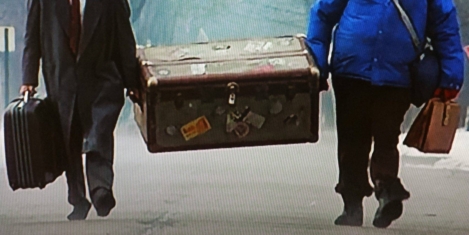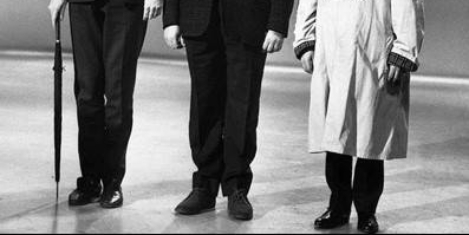September 25, 2017
People who work in coworking spaces believe they are more productive
 People who work in so-called coworking spaces claim they are more motivated and have more positive interactions with others, according to a new report. The report by Staples Solutions, called Collaboration Generation: The Rise of Millennials in the Workplace, details the trend in collaborative working, in addition to what attracts the millennial generation to business. Since 2010, co-working spaces worldwide have increased by 5,519 percent as the average office space per employee has decreased by 2.9 percent, the research reveals, with London seeing a reduction in traditional office space by 8.8 percent.
People who work in so-called coworking spaces claim they are more motivated and have more positive interactions with others, according to a new report. The report by Staples Solutions, called Collaboration Generation: The Rise of Millennials in the Workplace, details the trend in collaborative working, in addition to what attracts the millennial generation to business. Since 2010, co-working spaces worldwide have increased by 5,519 percent as the average office space per employee has decreased by 2.9 percent, the research reveals, with London seeing a reduction in traditional office space by 8.8 percent.
























 Three quarters (75 percent) of businesses expect to increase the number of high-skilled roles over the coming years, but 61 percent fear that there will be a lack of sufficiently skilled people to fill them. This is according to the 2017 CBI/Pearson Education and Skills Survey which highlighted that 62 percent see strong competition for candidates with appropriate qualifications as the most widespread cause of skills shortage, followed by a lack of candidates with appropriate qualifications (55 percent). According to the report, while the Brexit debate generates plenty of heat, ‘it’s the white heat of technological change that will mean huge change to the jobs of 2030’. Add that to the obvious question about what skills we’ll need to ‘home grow’ in the absence of free labour movement, and the skills gap is brought into sharper relief argues the report.
Three quarters (75 percent) of businesses expect to increase the number of high-skilled roles over the coming years, but 61 percent fear that there will be a lack of sufficiently skilled people to fill them. This is according to the 2017 CBI/Pearson Education and Skills Survey which highlighted that 62 percent see strong competition for candidates with appropriate qualifications as the most widespread cause of skills shortage, followed by a lack of candidates with appropriate qualifications (55 percent). According to the report, while the Brexit debate generates plenty of heat, ‘it’s the white heat of technological change that will mean huge change to the jobs of 2030’. Add that to the obvious question about what skills we’ll need to ‘home grow’ in the absence of free labour movement, and the skills gap is brought into sharper relief argues the report.








July 31, 2017
It is time to take action to support older people’s health at work
by Patrick Thomson • Comment, Facilities management, Flexible working, News, Wellbeing, Workplace
(more…)